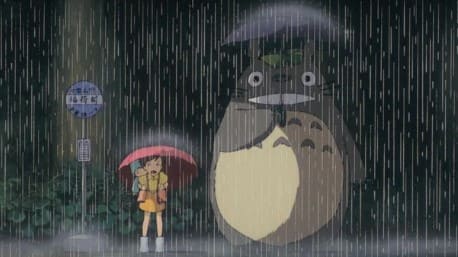Major animation studios, including Japan’s legendary Studio Ghibli, are pushing back against AI companies over the unauthorized use of copyrighted material to train generative models.
Studio Ghibli Takes a Stand Against AI Training Practices
Novermer 4, 2025: Acclaimed Japanese animation studio Studio Ghibli has joined a growing list of entertainment companies demanding that OpenAI cease using their creative works to train its next-generation video model, Sora 2. The studio, known for masterpieces such as Spirited Away, My Neighbor Totoro, and Princess Mononoke, expressed concerns about intellectual property rights, artistic integrity, and consent in the age of artificial intelligence.
In a public statement, Ghibli emphasized that its art and storytelling “come from human imagination and emotion — not algorithms.” The studio said it does not authorize its films, visuals, or soundtracks to be used for machine learning, citing fears that such use could dilute the cultural and emotional value of hand-crafted animation.
A Broader Industry Rebellion
Studio Ghibli is not alone. Other major studios and artists have reportedly joined the call for transparency, including animation houses in Japan, South Korea, and Europe. These creators argue that AI training practices — which often rely on scraping online data without consent — exploit years of artistic work and compromise creative ownership.
This collective pushback comes amid heightened scrutiny over how AI companies source their training materials. Critics say that without explicit permissions or licensing agreements, AI-generated content risks becoming a form of digital plagiarism that undermines the livelihoods of original creators.
OpenAI’s Response
While OpenAI has yet to issue a detailed public response specific to Studio Ghibli’s claims, the company has previously stated that it aims to develop partnerships and licensing frameworks with content owners. Sora 2, the anticipated successor to OpenAI’s original text-to-video model, is said to feature advanced visual generation capabilities, raising further questions about how much copyrighted material was used to refine its training.
Industry experts suggest that OpenAI and other AI developers may soon face new regulatory pressures to disclose training data sources and secure permissions from rights holders.
The Ongoing Debate: Art vs. Algorithms
The dispute between studios like Ghibli and AI companies reflects a growing tension between technological innovation and creative ownership. Artists around the world are demanding ethical boundaries that protect human expression from being absorbed into machine learning systems without credit or compensation.
As the conversation evolves, one thing remains clear — the animation industry is determined to defend its hand-drawn legacy against unauthorized AI use.
Published by HOLR Magazine


